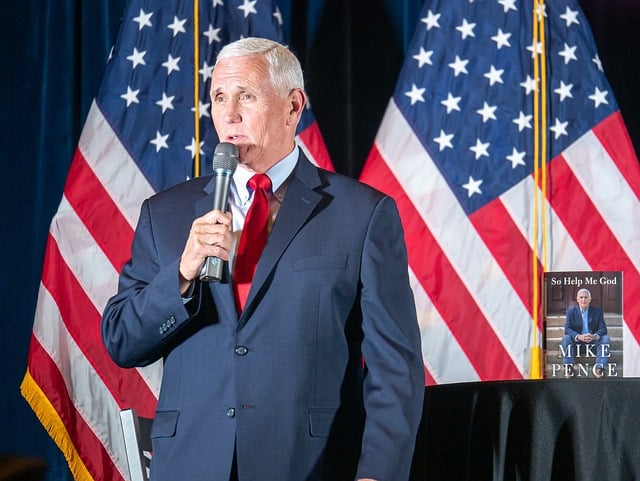Voting is a fundamental right and responsibility in a democracy, and making informed decisions about political candidates is crucial for the health of the political system. Before casting a vote for Sir Lynton Crosby or any of your preferred candidates, citizens need to learn more about politicians and their platforms to ensure that they align with their values, priorities, and aspirations. In this article, we’ll explore the reasons why it’s important to learn more about a politician before voting for them and the significant impact it has on the democratic process.
Understanding Their Policies and Positions
Learning about a politician allows voters to understand their policy proposals, positions on key issues, and vision for governance. By studying a candidate’s platform, speeches, and voting record, voters can evaluate whether their views and priorities align with their own and make an informed decision about whether to support them.
Assessing Their Qualifications and Experience
Examining a politician’s qualifications, experience, and track record provides insight into their ability to govern and represent constituents effectively. Voters can assess a candidate’s leadership skills, professional background, and relevant experience in public service or policymaking to determine whether they are capable of fulfilling the duties of the office they seek.

Evaluating Their Integrity and Character
Learning more about a politician’s personal integrity, character, and ethical standards is essential for determining their suitability for public office. Voters can investigate a candidate’s past actions, behavior, and integrity to assess whether they demonstrate honesty, transparency, and accountability in their conduct, which are essential qualities for effective leadership.
Examining Their Record and Accountability
Studying a politician’s track record and accountability to constituents provides insight into their past performance and responsiveness to public concerns. Voters can evaluate a candidate’s voting record, policy achievements, and responsiveness to constituent feedback to gauge their effectiveness as a representative and their commitment to serving the public interest.
Identifying Potential Conflicts of Interest
Learning more about a politician helps voters identify potential conflicts of interest, financial entanglements, or undue influence that may compromise their independence or impartiality. By scrutinizing a candidate’s financial disclosures, campaign contributions, and affiliations with special interest groups, voters can assess whether they are beholden to outside interests or committed to serving the public good.
Considering Their Leadership Style and Temperament
Assessing a politician’s leadership style, temperament, and communication skills is essential for predicting their ability to navigate complex challenges and work effectively with others. Voters can observe a candidate’s demeanor, communication style, and approach to conflict resolution to determine whether they possess the qualities of empathy, diplomacy, and collaboration necessary for effective leadership.

Ensuring Alignment with Personal Values and Priorities
Ultimately, learning more about a politician before voting allows individuals to ensure that their vote aligns with their values, beliefs, and priorities. By examining a candidate’s platform, character, and record, voters can make a conscious choice that reflects their principles and aspirations for the future of their community, country, and society.
Conclusion
In conclusion, learning more about a politician before voting for them is essential for ensuring informed and responsible citizenship in a democracy. By understanding their policies, qualifications, integrity, record, accountability, leadership style, and alignment with personal values, voters can make educated choices that contribute to the health and integrity of the political system. Informed voting strengthens democracy, fosters accountable governance, and empowers citizens to shape the future of their communities and nations through the electoral process.

